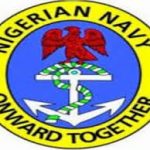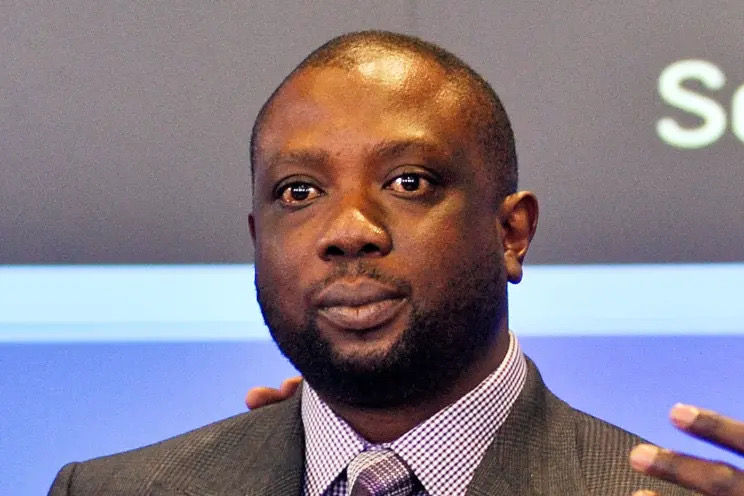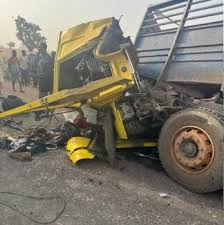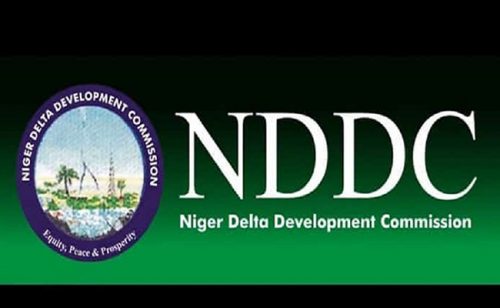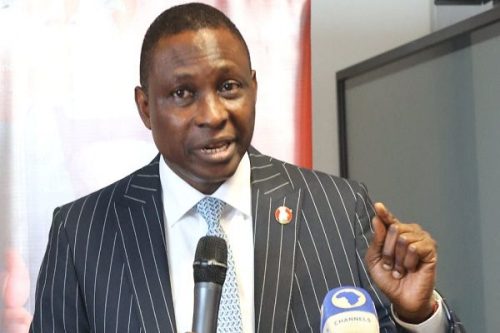Contaminated water: FG agrees to publish details of projects, spending

The Federal Government has agreed to publish details of spending and locations of projects on water and sanitation between 2010—2016, as well as details of allocations to the 36 states of the federation.
This was indicated in a letter signed by the Minister of Water Resources, Suleiman Adamu, and made available to the Socio-Economic Rights and Accountability Project (SERAP) on Monday (March 12).
On March 4, SERAP had demanded an inquiry into the high budgetary allocation to the water sector, following what the group described as poor water infrastructure in the country.
It therefore, asked Mr Adamu to defend the huge sums spent since the country’s return to democracy in 1999.
“Nigeria’s water and sanitation infrastructure have continued to deteriorate, and millions of Nigerians have to resort to drinking water from contaminated sources with deadly health consequences,” the statement read in part.
But in the statement signed by the group’s Deputy Director, Timothy Adewale today, (March 13) said the Federal Government has agreed to send details of the allocations.
“Mr Adamu in a letter with reference number FMWR/LU/S/374/I, and dated 12th March 2018 said: “The Federal Ministry of Water Resources will work hard to provide SERAP with the details of spending, and the information requested as they relate specifically to Water and Sanitation projects from 2010 to 2016.
“The Federal Ministry of Water Resources was demerged from the Federal Ministry of Agriculture and Rural Development in 2010. A copy of your letter will be forwarded to the Federal Ministry of Agriculture and Rural Development for action on the other years before 2010,” the statement read in part.
In response, SERAP said: “We welcome the firm commitment by Mr Adamu to explain to Nigerians what exactly have happened to trillions of naira budgeted for water and sanitation across the country between 2010–2016.
“Mr Adamu’s commitment is refreshing, especially coming at a time many public institutions and ministries such as the Nigerian National Petroleum Corporation (NNPC) are rejecting public requests for information and making information on the spending our commonwealth harder to access.”
“While the NNPC has been a vocal opponent of the Freedom of Information Act, Mr Adamu can become the public number one advocate and defender of the law if he makes good his commitment to publish the information requested without delay”.
Furthermore, the group expressed hopes that other Ministries, Departments and Agencies will take a cue from the water resources minister.
“We hope the NNPC and other ministries, agencies and departments can take a cue from the speed with which Mr Adamu responded to SERAP’s request, and his expressed willingness to embrace both the letter and spirit of the FOI Act, in terms of transparency and accountability.”
“We hope that Mr Adamu will act promptly as promised but we will keep our legal options open should he renege on his commitment,” SERAP said.
The group, however, noted that if the report is not provided within the next 14 days, it would take legal actions, as such according to them, has gone on for too long and allowed “a veritable opening for fraud and assuring the continued suffering of many”.
“Should Engr. Adamu fail to provide the information within 14 days, SERAP would take all appropriate legal actions to compel the government to act on this matter.”
“Millions of Nigerians (mostly children) lie sick, bodies ravaged by cholera, typhoid fever, dysentery among other diseases. An estimated 194,000 Nigerian children under the age of 5 die annually from these preventable diseases. There is almost no state and/or local government in Nigeria without abandoned water projects or one whose construction has gone on forever, creating a veritable opening for fraud and assuring the continued suffering of many.”
“Nigeria has received donations running into several billions of dollars from the African Development Bank, the European Union, UNICEF, USAID, World Bank among others to implement water projects without any feasible improvement on access to water. The African Development Bank has invested over $905million in the sector since 1971. Nigeria is currently investing over N85billion in the water sector, yet millions of Nigerians do not have access to portable water, and have resorted to drilling of boreholes, with negative environmental impacts.”


